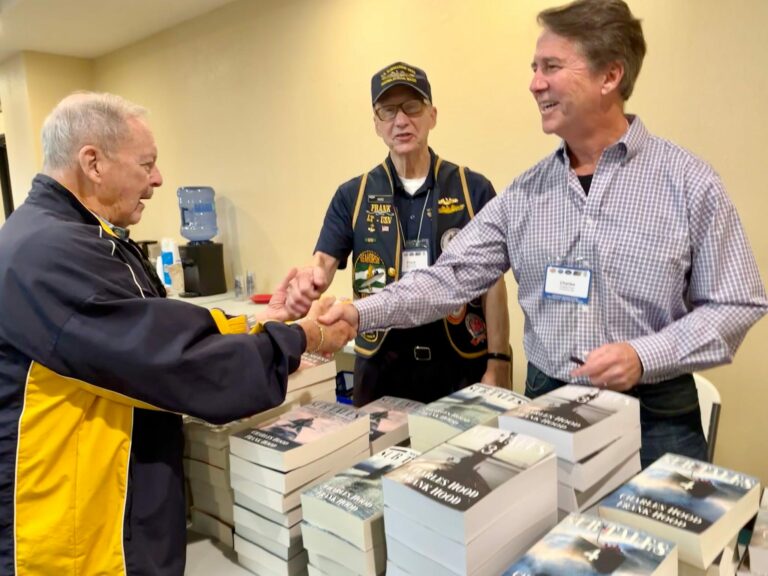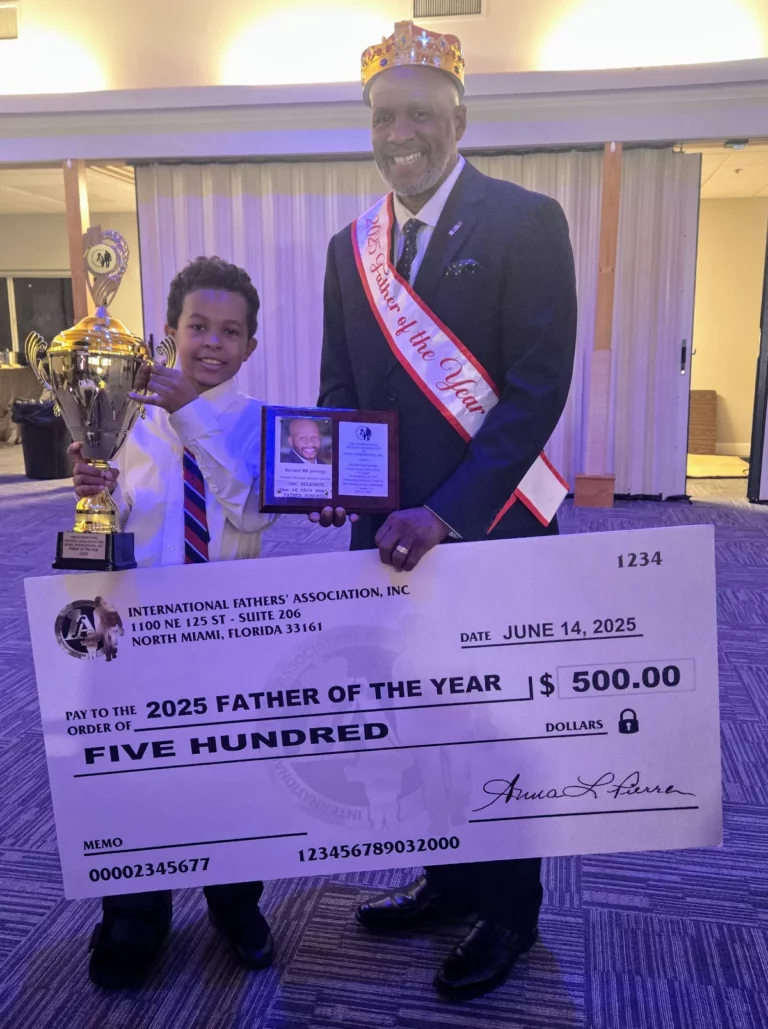Explore More
Beyond the Force: What Joseph Kress’s War on Drugs Reveals for Men Who Fight Against Drug Abuse
Joseph Kress’s memoir reveals hard truths about drug crime, gaps in prevention and the personal resolve needed to drive real community change

When Greg Kress was murdered during his honeymoon in New Orleans, his brother Joseph faced the kind of personal tragedy that forces men to make hard choices about action versus inaction. The robbery-turned-killing didn’t just destroy one family – it created a police officer who would spend decades learning exactly where America’s drug war fails and what happens when someone refuses to accept those failures.
Joseph M. Kress’s journey from grieving brother to retired lieutenant and detective to post-badge vigilante offers a masterclass in what most men never see: the brutal reality of confronting drug crime day-to-day and the skills required to actually make a difference when official channels fall short.
Ground-Level Reality: What Policing Actually Teaches About Drugs
Most discussions about drug policy happen in boardrooms and policy papers. Kress learned about it through child disappearances, horrific sexual assaults and the kind of cases that reveal ‘the most sinister aspects of society’.
His memoir ‘Single Handed’ doesn’t spare readers the details of what drug-related crime actually looks like when you’re the one called to handle it.
The brutal truth emerged early in his career: only 8-10% of schools implement evidence-based interventions for substance misuse prevention, and most community programmes either go untested or get poorly implemented. While politicians debate funding, officers like Kress deal with the consequences of these failures every shift.
His SWAT training and special operations background gave him tactical skills most officers never develop. When a gunshot wound to his leg forced early retirement, he’d accumulated the kind of real-world education that can’t be taught in academies – and a growing frustration with the gap between official efforts and actual results.
Beyond the Force: What the System Won’t Teach
Kress’s post-retirement vigilante crusade wasn’t born from action-movie fantasies. It came from witnessing ‘widespread mismanagement and apathy within government efforts to combat drugs’ and realising that meaningful change often requires operating outside official channels.
Despite a 27% decrease in overdose deaths in 2024, the fundamental problems persist. Over 80,670 Americans died from drug overdoses in the 12 months ending November 2024, with the DEA seizing more than 380 million lethal doses of fentanyl – enough to kill every American.
Prevention programmes miss their mark because they’re designed by people who’ve never confronted the actual problem. Community programmes get underfunded, poorly sustained or abandoned entirely. Meanwhile, drug dealers adapt faster than bureaucracy can respond. For readers concerned about fentanyl risks in their communities, understanding these gaps matters.
Spotting Failures in Your Community
Kress’s experience offers practical insight into recognising when local prevention efforts aren’t working. Look for programmes that focus more on meetings than measurable outcomes, initiatives that can’t demonstrate concrete results after 12 months, and prevention efforts that ignore the economic realities driving drug trade in specific neighbourhoods.
Lone Operations: Skills That Made the Difference
What separated Kress’s post-retirement mission from mere vigilantism was his tactical foundation. SWAT training provides more than weapons handling – it develops the mentality required for high-stakes operations where mistakes cost lives. His pursuit tactics and operational planning came from years of real-world application, not weekend courses.
The key elements that made his independent operation effective: systematic intelligence gathering, understanding criminal networks rather than just individual dealers, and the discipline to operate within legal boundaries while pursuing objectives official channels couldn’t or wouldn’t pursue.
For readers, the practical takeaways focus on community awareness rather than direct action. Understanding drug trafficking patterns in your area, recognising the signs of organised dealing operations, and knowing when local law enforcement needs additional resources or different approaches.
Tactical Mindset for Community Protection
Kress’s SWAT background taught him to think systematically about threats and responses. This mentality applies to community vigilance: mapping local crime patterns, understanding which prevention efforts actually work in similar areas, and building networks with people who share your commitment to local safety.
Why Readers Find ‘Single Handed’ Useful
Amazon reviewer Sanjin called the book ‘crucial and relevant’, praising Kress’s ‘direct and engaging storytelling that sheds light on an ongoing crisis affecting communities today’. The appeal isn’t just the dramatic narrative – it’s the practical insight from someone who actually fought this fight.
Reader Clarence Joseph highlighted how the story’s pace ‘not only amplifies its suspense but also provides a captivating and delightful reading journey’. What emerges from reviews is appreciation for honest assessment of what works and what doesn’t, delivered by someone with credibility earned through actual experience.
The memoir resonates because it addresses the frustration many men feel watching problems persist despite official efforts. Similar to other veteran authors tackling hard truths, Kress doesn’t sugar-coat the failures he witnessed. Drug offences decreased by about 3% in 2024 in major cities, but regional disparities remain significant, with some areas seeing increases in opioid and methamphetamine-related crimes.
Individual Action When Systems Fail
Joseph Kress’s transformation from grieving brother to decorated officer to independent operator illustrates what happens when someone refuses to accept systemic failure as inevitable. His journey wasn’t about rejecting law enforcement – it was about recognising its limitations and finding ways to address problems that official channels couldn’t solve.
The lesson isn’t that every man should become a vigilante. It’s that meaningful change often requires individual commitment that goes beyond hoping someone else will handle the problem. Whether that means supporting effective local programmes, understanding the real scope of drug-related crime in your area, or developing the skills needed to protect your family and community when official protection falls short.
Like the example of officers who transition from enforcement to helping communities heal, Kress’s war on drugs reveals something uncomfortable but necessary: the gap between what we’re told is being done about serious problems and what actually needs to happen. For men who refuse to stand by while their communities deteriorate, his experience offers both practical guidance and proof that individual action can make a difference when backed by proper preparation and unwavering commitment.





